


Torrential rain resulted in losses estimated at BRL 1.3 billion and made over 90,000 people homeless in the state, where the probability of far higher volumes of rain than expected has increased 70% owing to industrialization and global warming.

The portable device developed at the Federal University of São Carlos is as accurate as RT-PCR, the gold standard for diagnosing COVID-19, and can analyze up to 20 samples at the same time.
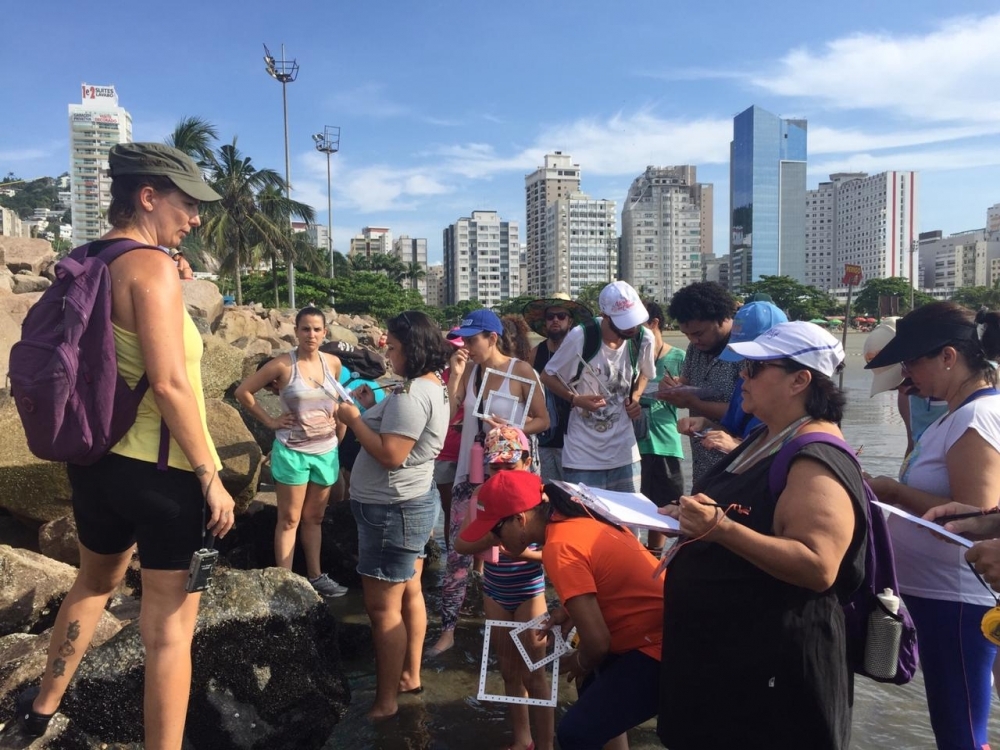
A study conducted in the port city of Santos (Brazil) by researchers at the Federal University of São Paulo shows collaboration between civil society and academia achieving progress toward the goals of the UN Ocean Decade.
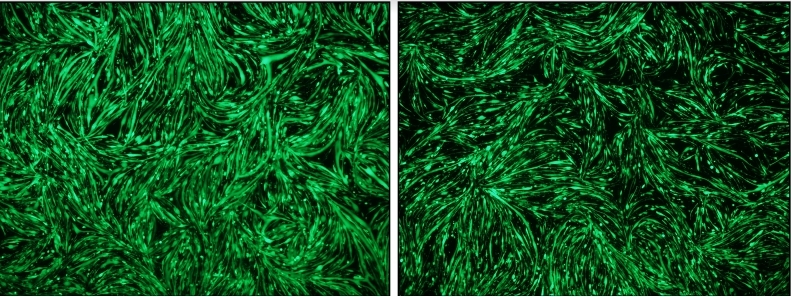
A study in rats by researchers at institutions in Brazil, the US and Norway investigated the effects of physical exercise on cancer cachexia. The analysis suggested that exercise training can be an ancillary treatment for cancer patients.
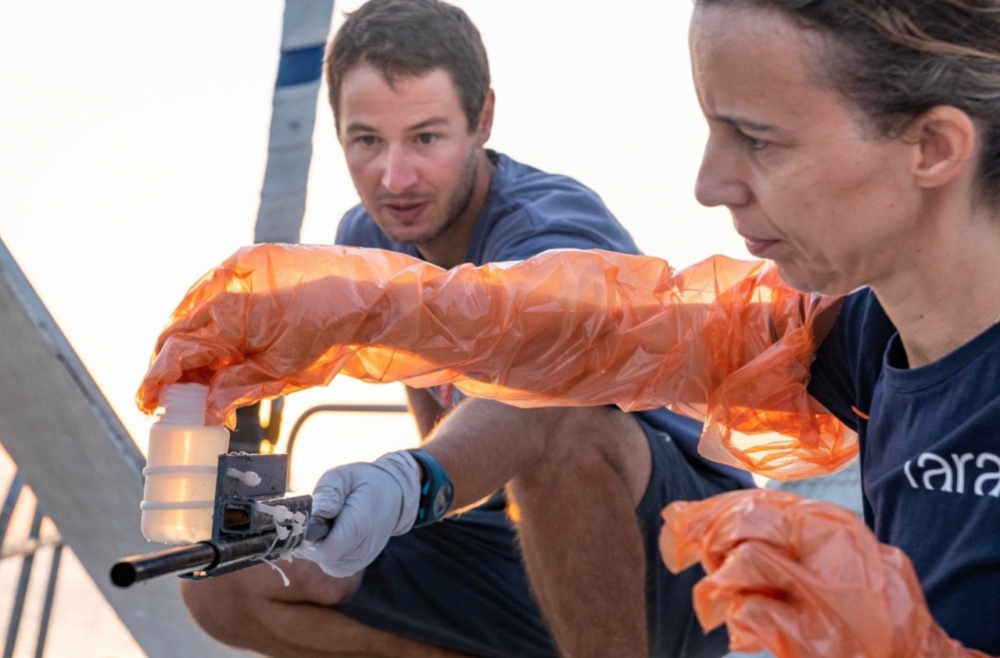
Plankton are the foundation of life in the oceans and produce half the world’s oxygen. These marine microorganisms will suffer from rising temperatures at the poles, rising salinity in the tropics, and a reduction in the flow of nutrients in the temperate zone, according to simulations based on data collected from all oceans around the globe.
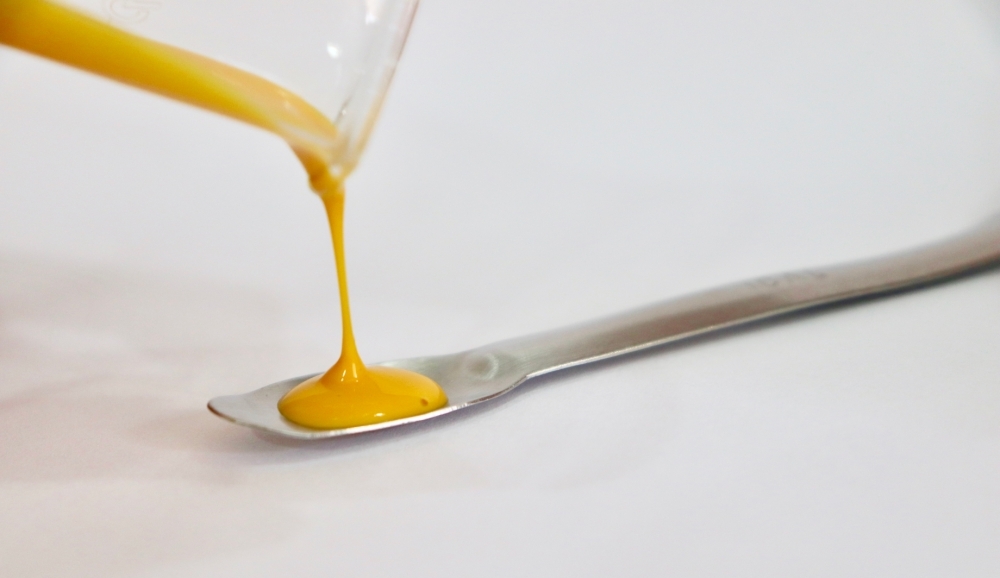
Researchers recombined extracts from this fruit industry waste to produce a mini-emulsion that can be used as the basis for an anti-aging skin complex.
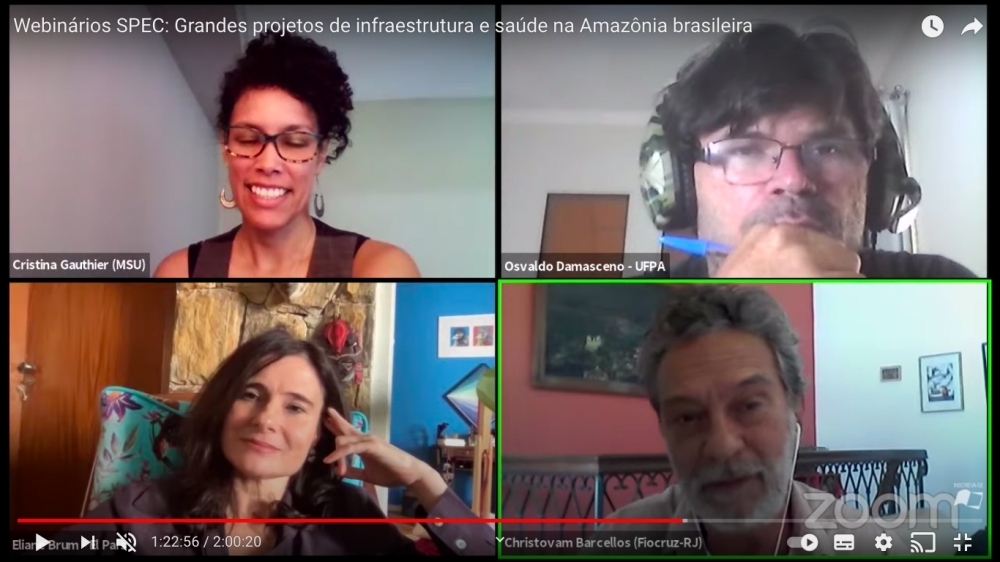
For scientists gathered at this FAPESP-hosted webinar, projects like the Belo Monte dam and the Transamazon highway have had few local benefits and led to a rise in poverty, violence, deforestation and disease.
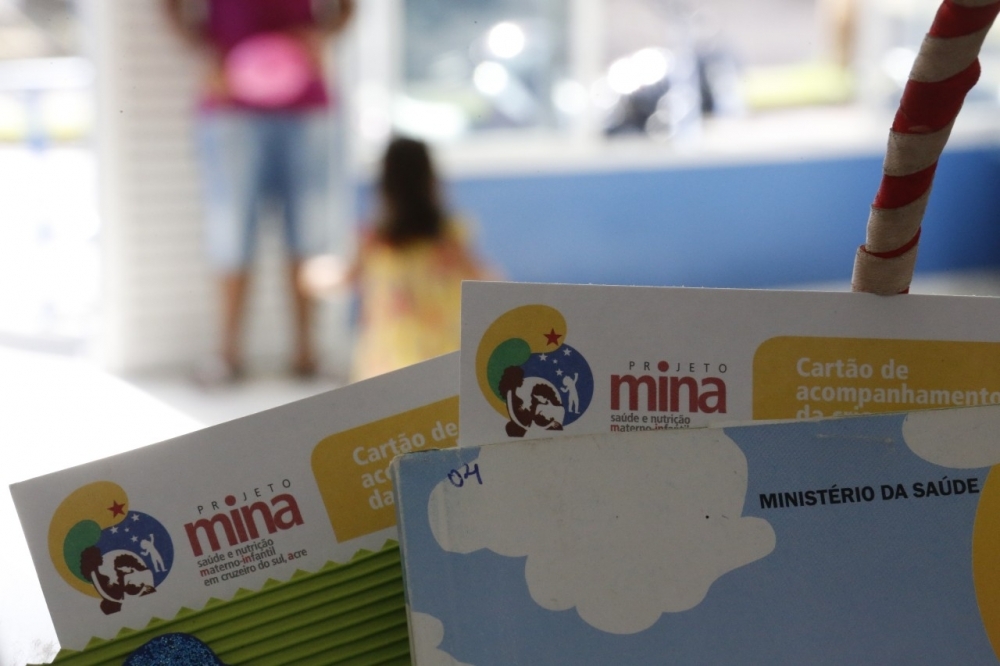
The conclusion was published by Brazilian researchers in PLOS Neglected Tropical Diseases. They followed 1,539 children in a part of Amazonia that accounts for 18% of infections by Plasmodium vivax in Brazil.
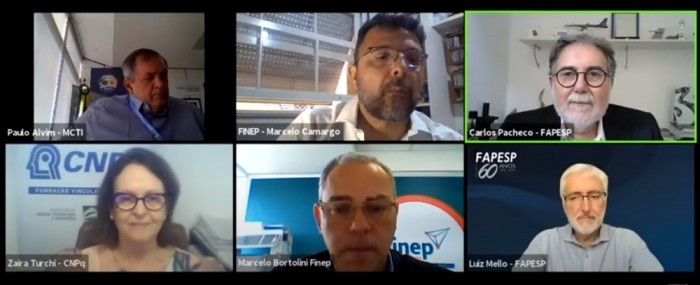
Proposals must be submitted by October 25. Around 1,000 innovative ideas are expected in Phase 1 of the program.
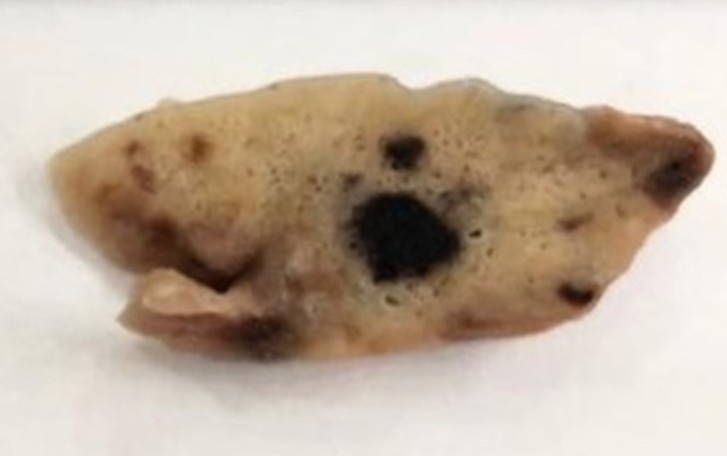
Lung tissue samples from 47 people who died as a result of severe acute respiratory distress syndrome caused by the novel coronavirus were analyzed by Brazilian researchers. The findings can be used to improve treatment of the disease.
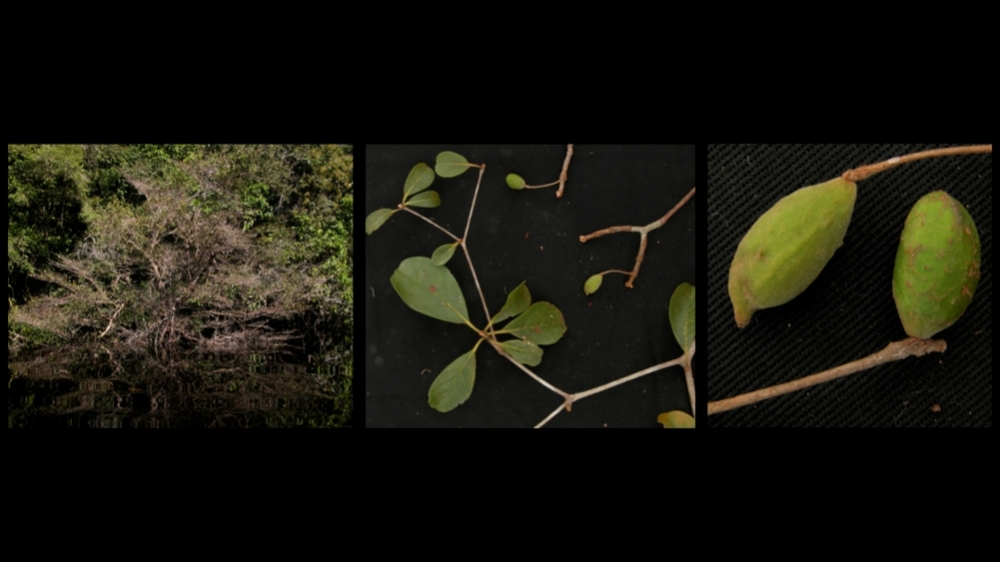
A study by the University of São Paulo shows that where the Negro River is very wide certain plants found on one bank are not found on the other. Overall, however, the extraordinary variety of species is due more to ecology than geography.

Liver recipients who contracted SARS-CoV-2 recovered faster and with less inflammation than heart or kidney recipients, according to researchers at the University of São Paulo. The reason may have to do with differing amounts and types of immunosuppressants, the drugs used to prevent organ rejection.
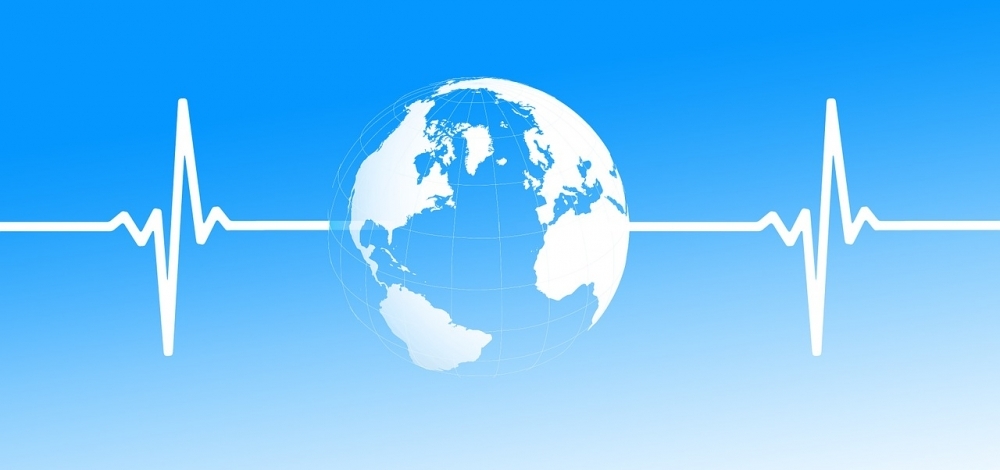
Experts who took part in the fourth FAPESP 60 Years Conference discussed the challenges of diagnosing and combating emerging pathogens and the need to integrate multidisciplinary teams and governments if outbreaks of infectious disease are to be prevented.

Electric eels of the species Electrophorus varii feed on other fish, especially those habitually hunted by larger predators such as caimans and giant river otters. Hunting tactics enable them to maintain the same diet in the wet and dry seasons alike.

Molecules that attack cells and tissues in the patient’s own organism were detected in blood serum from volunteers infected by SARS-CoV-2, who progressed to moderate or severe COVID-19 after the samples were collected. The discovery could lead to novel therapeutic approaches.

A study by Brazilian researchers evidenced a correlation between post-zika neurological complications and high levels of Gas6, a protein that facilitates viral replication. The findings are published in Brain, Behavior, and Immunity.

Designed and built by researchers at the Center for Development of Functional Materials, the device is much cheaper than the conventional technology.

In an online seminar held by FAPESP, experts stressed that deforestation favors pathogen spillover from wild animals to humans, and that zoonotic disease surveillance urgently needs to be upgraded.

Loss of ACE2, the protein used by the novel coronavirus to invade human cells, leads to an imbalance in systems that regulate essential metabolic functions, impairing blood filtration and causing kidney injuries that can become permanent.

To achieve a deeper understanding of the links between the nervous and immune systems, researchers at the Federal University of São Paulo inhibited the REM stage of sleep in mice to see how this affected the progress of infectious diseases, allergic processes and cancer treatment.
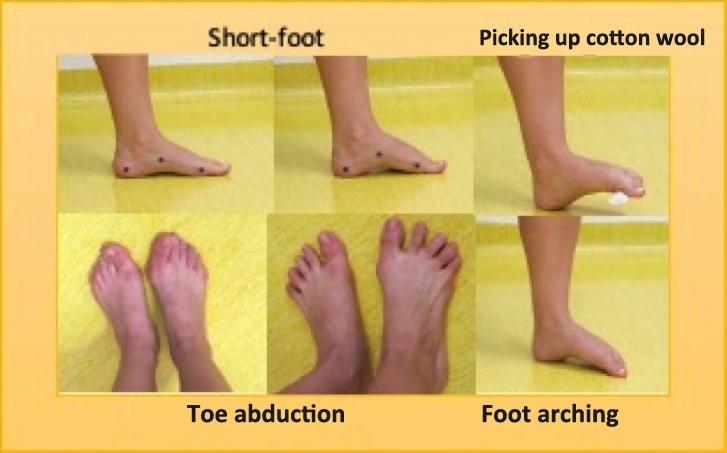
In older people, the probability of falling was reduced by a factor of 7 in a study conducted at the University of São Paulo. Constant use of rigid or reinforced footwear is the main enemy of healthy feet, according to the researchers.

Participants in a webinar held by FAPESP pointed to disorganization of the research ecosystem, lack of government planning and underinvestment as obstacles to drug development in Brazil.
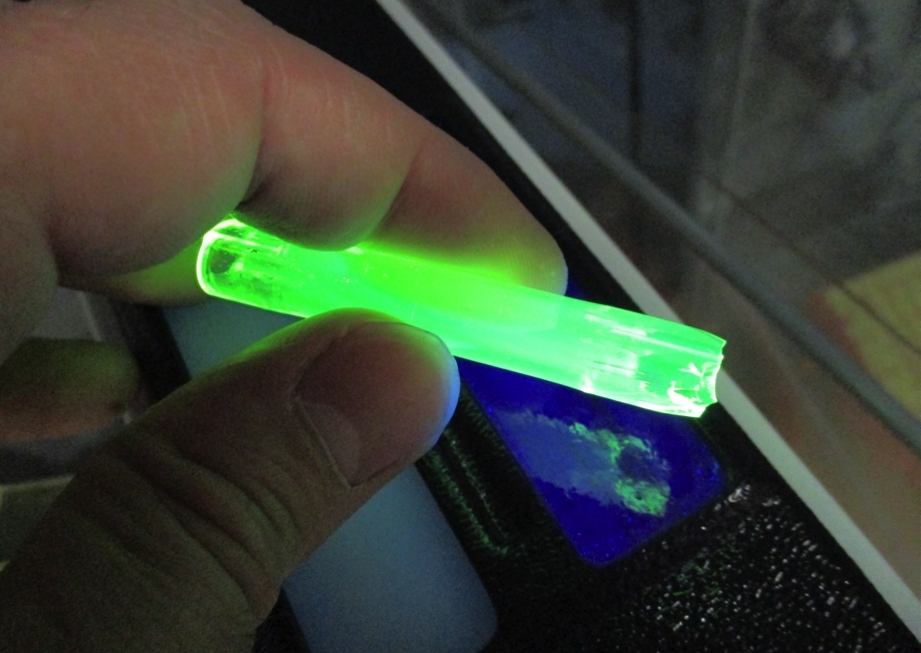
Brazilian scientists have developed an innovation that can be used in sensors to monitor brain function with even greater sensitivity than existing devices.
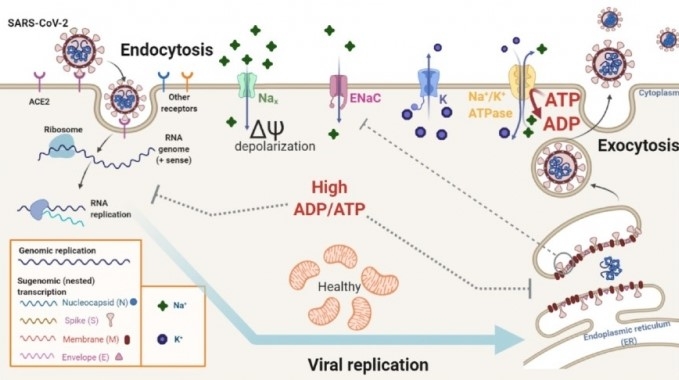
The use of a hypertonic solution of sodium chloride at 1.1% reduced viral replication by 88% in tests involving infected lung cells conducted by researchers at the University of São Paulo. If found efficacious in clinical trials, the strategy could contribute to the development of novel prophylactic interventions and therapies for COVID-19.

Study led by researchers at the University of São Paulo analyzed data for the period 1991-2014 and revealed that deforestation increased in election years. The phenomenon could cancel out the environmental gains achieved by conservation policies and actions, the scientists warn.